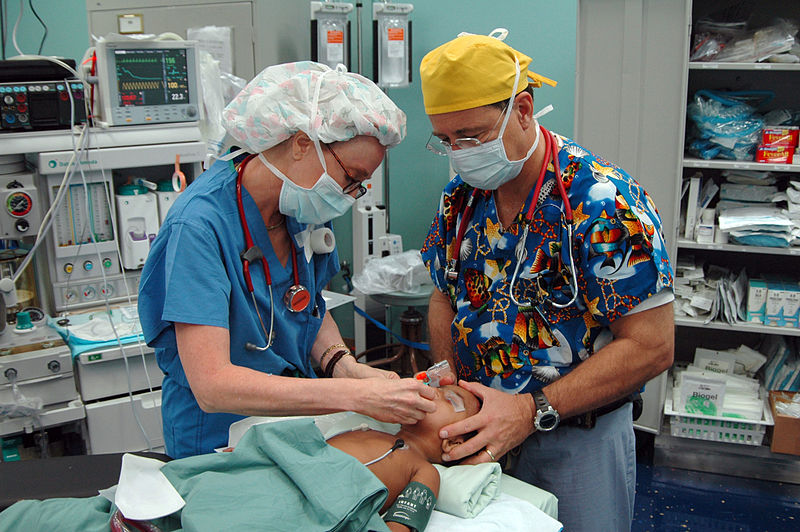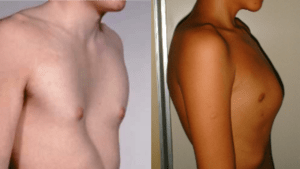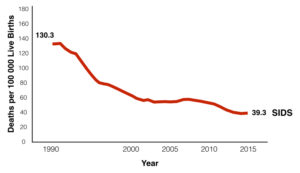Children with congenital heart disease (CHD) sometimes require surgical treatment for non cardiac problems. Actually, children with CHD are more likely to require surgery for non cardiac problems than children with no cardiac problems. This is due to the fact that not infrequently abnormalities in multiple systems can be present at the same time.
In the practice of a paediatric cardiologist, it is quite a common occurrence to be asked to assess a child who requires non cardiac surgery, to ensure that the risks of the operation and the sedation/anaesthesia required do not pose too high a risk and to provide advice on the clinical management during the procedure.
Common reasons for referral to a paediatric cardiologist are:
- Dental problems which require a general anaesthetic (child to be put to sleep with medications) for treatment.
- General surgery for abdominal problems which can be planned or emergency based.
- Surgery for genital-urinary problems.
- General anaesthetic for diagnostic procedures (MRI scans, bronchoscopy and other scans).
Recently, researchers from the US looked at data collected in over 51000 children, including 4520 children with CHD who underwent non cardiac surgery. Children had either simple, moderate or severe CHD. The mortality rate during non cardiac surgery was much higher in children with moderate (3.9%) or severe CHD (8.2%) than in matched children with no CHD. Children with simple CHD had a risk of non cardiac surgery which was similar to that of children with no CHD.
Data show very clearly that children with moderate or significant CHD are at higher risk of death from non cardiac surgical procedures and careful assessment and identification of these children is critical. Further research is required to establish which is the best environment for the surgical procedures and to define multidisciplinary management pathways for the management of these children.





